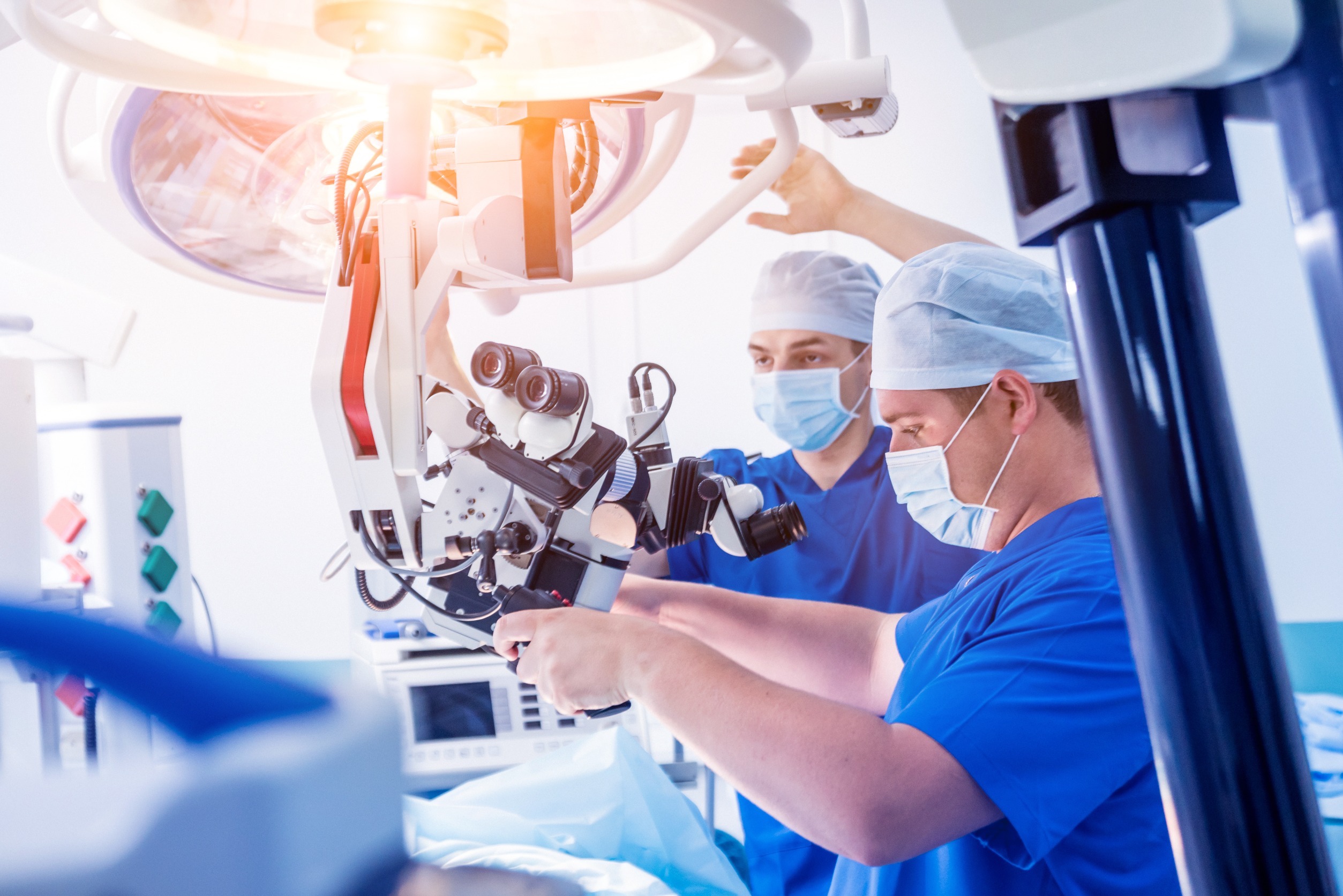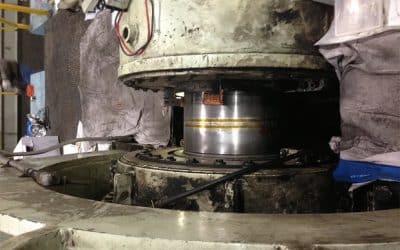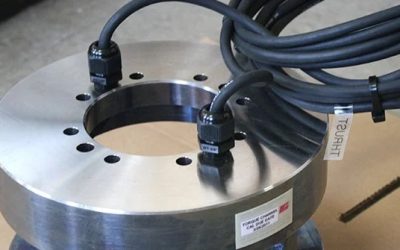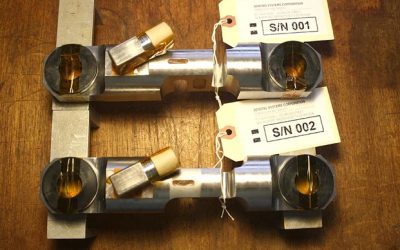Basic Facts
5 Industries That Thrive On Sensors for Accurate Measurements
Measurement services are important for just about every industry out there, whether you’re measuring to the nearest yard or the nearest nanometer. Careful calibration, which is a comparison between a standard unit of measurement and the specific measurements of an instrument, should never be taken lightly. Not only is calibration necessary to ensure you’re taking accurate measurements, but in many industries it’s necessary to stay in compliance with regulations.

Even the smallest error can result in either a major financial deficit or a serious safety hazard. Recalibration is just as important as well. For instance, ISO900 dictates that the maximum length of time between recalibration as once every two years, and more often if the instrument has been significantly deteriorated during that period.
Today, instruments like torque sensors and load cells are two of the most commonly used tools used by measurement services. Torque wrenches, which were invented by Conrad Bahr in 1918, are used to apply torque to a nut or bolt. Likewise, a torque sensor converts torque into an electrical signal, and by measuring that electrical signal, the torque force can be measured in real time.
Basic Fundamental Facts
How To Ensure Torque Sensor Accuracy
Basic Facts When it comes to an accurate manufacturing process,...
Load Cell Troubleshooting: 5 Factors That May Affect Maintenance
Basic Facts Load cell troubleshooting is essential to obtain...
Custom Load Cell Applications and Uses
Basic Facts Load cells are an essential portion of many...



